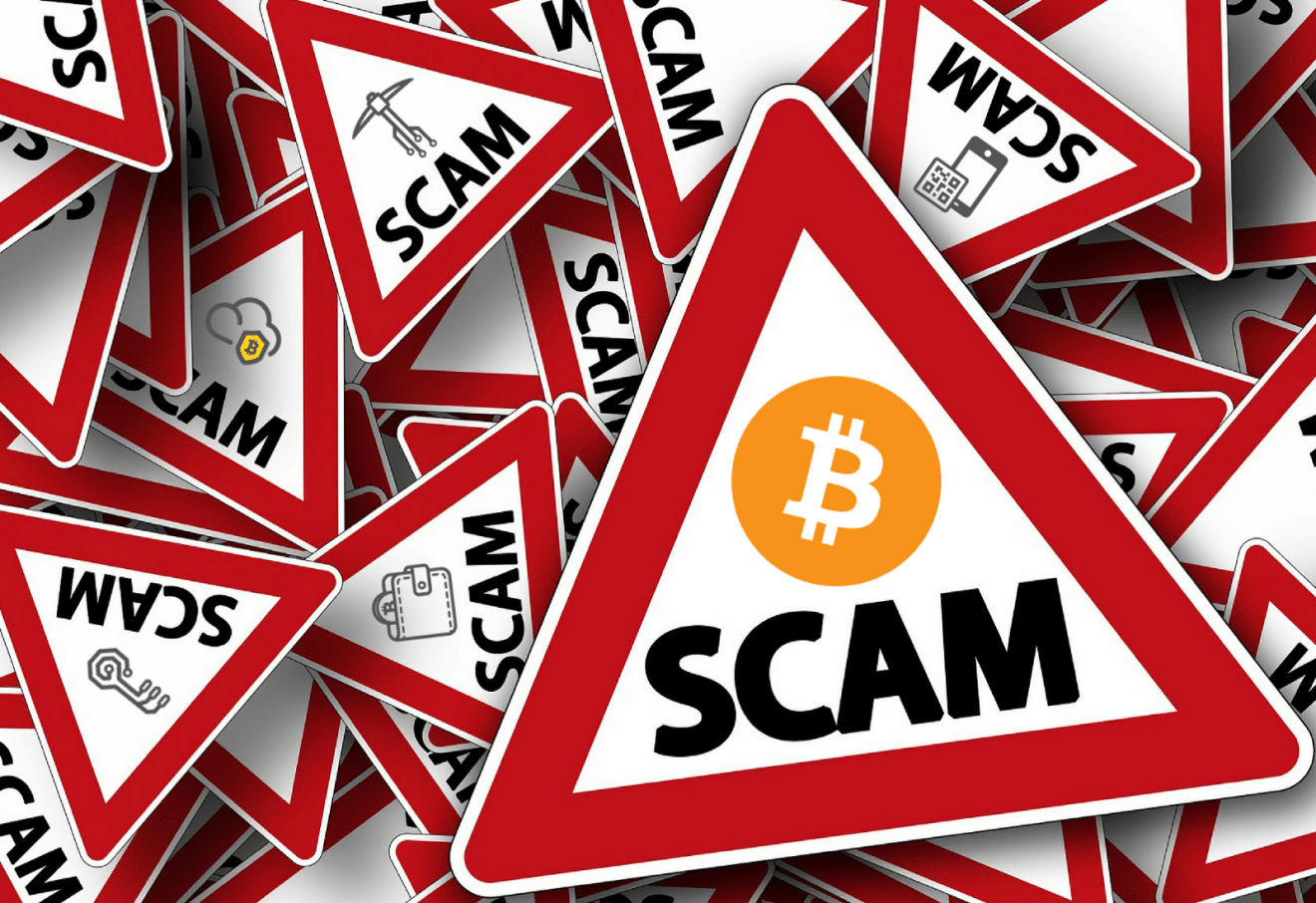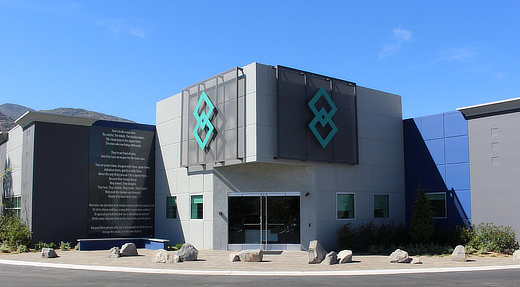Table of Contents
In 2017, when the prices of Bitcoin shot up dramatically, it drew a wide-scale interest from investors across the world in what is indeed the first and original cryptocurrency. With so many good things happening around Bitcoin, staying clear from the dark side becomes unavoidable. As new investors have entered the market, so have the number of frauds, who lure people with unrealistic deals. As a result, most retail investors suffer, losing their precious coins to fraud ventures. Regular customers run the risk of falling prey to ICO scandals, wallet fraud or theft, and many other forms of scams.

The cryptocurrency industry is often looked at by the outside world as the Wild Wild West of investment and trading, but that’s not always true. As with any other financial market, certain risks are associated, but the rewards it promises are irresistible, drawing in people to cryptocurrency like a moth to a flame. However, one must be cautious, alert, and always on the lookout for clear and proven signs of fraud, theft, and scams. Staying clear of these traps helps users in bettering their success changes and safeguarding their investments.
Common Bitcoin scams
Theft from the hardware wallet
Hardware wallets are a great option for users worried about privacy and security. A hardware wallet is a physical device that will store private keys. The size of it is almost the same as that of a small USB, as a keychain. The purpose of this device is to give offline security to people investing in Bitcoin, helping them secure their precious currency even more. The catch is, several reports have floated in the media that claim this hardware have vulnerabilities that are built-in, opening them to the wrong set of people, who can easily manipulate or steal the holdings of the user.
That’s not the end of it, and there is more. If Ofir Beigel, the person running 99Bitcoins.com, is believed, there is another Bitcoin scam, where the hardware wallets sold to users have a seed phrase, which is pre-configured and hidden beneath the scratch card. Following the instructions, the unaware user scratches the card for setting up the wallet, falling prey to the seed that was compromised in the first place.
The rigged seed results in creating a backdoor entry for hackers, who can easily steal the amount, post the activation of the wallet. The best way to avoid such cases is by strictly sticking to trusted sources for acknowledging wallets.
Fraud ICOs
The cryptocurrency equivalent of an initial public offering in the share market is ICO or initial coin offering. The boom in cryptocurrency has encouraged many companies dealing in cryptocurrency to raise money through initial coin offerings. Of late, there has been a tremendous surge in the number of companies entering this market with exciting projects and unique ideas, giving a plethora of options to the users. The bad side of this ICO boom is the rise in fraudulent causes in the ICO’s backdrop.
The scammers have many tricks up their sleeves to snatch Bitcoin from their investors. A popular method is to create a fake website that will look like an ICO and then make the user put in the coins in an already compromised wallet. There are some ICOs to blame as well, for the mishaps caused.
Centra Tech is a great example of that. This blockchain venture is backed by some big names and had a good reputation but was sued on multiple charges. Being untruthful about their offerings or products and faking team members were the prime charges. For avoiding such scams, one should be thorough with their investigation of team members, key personnel, investors, board members, and other stakeholders. The more you know about the company, the lesser will be the odds of encountering unwanted surprises.
Exchange related scams
Cryptocurrency ideally has to be a decentralized system, but people have found ways to buy and sell them at exchanges in the real world. On the one hand, the investors find it easier to their hands on the desired coins; many countries still lack regulatory bodies that can oversee these transactions and exchanges. Such a void gives birth to many fake exchanges that leave the investors penniless once they sign up for it. Several exchanges in South Korea, Japan, and many other countries have been exposed, which led to promises by the country’s authorities to make the regulations stiffer.
Though they are not extremely hard to point out, it won’t take time before they prove costly. There is no bigger red flag than the promise or guarantee of unrealistic gains and prices. Innocent people generally fall for exchanges that promise unreal Bitcoin subsidies, hoping to make a quick buck.
The limitation for the user is that checking the URLs of the exchanges isn’t possible. A web address must have an HTTPS server, an indication for encrypted traffic, and a secure server. Surfing on unsecured websites dealing in cryptocurrency isn’t a great idea, and this small step can help an investor save his/her precious money.
Multilevel marketing schemes
Multilevel marketing schemes are often created with the sole purpose of taking advantage of naive investors by dishing out unreal opportunities for Bitcoins in large sums. The schemes promise quick returns and high profits if the Bitcoin investor agrees to deal in large quantities.
OneCoin is one such company whose owners got implicated in such shady operations. Apart from promising massive earnings, they also offered other trading perks and luxury goods for paying a premium price. Multiple scathing reviews online give a glimpse of what the company had been up to.
Cloud mining scams

For getting your hands on new Bitcoins, without having to exchange or buy them, the way to go about it is mining. But the main challenge with mining Bitcoins is that it requires many resources in terms of computing power and electricity. The high consumption of processing power and electricity naturally means more money for mining a particular coin. As a solution, what the companies have started doing is renting out server space for mining coins at a particular set rate.
A few companies have offered contracts for a lifetime, offering outstanding returns without worrying about the costs. They kept the same with time; the catch here is the difficulty level of mining goes up, which reduces the size of the return for the same investment. The companies take advantage of it and, at the time of purchase, make outrageous claims about the high returns without throwing any light on the hidden costs and returns, which will likely diminish over time. Ponzi scheme is also prevalent in the cryptocurrency market, which always leads to disastrous losses. Before investing in cryptocurrency mining, it’s critical to understand the costs and risks associated before committing.
Amid the craze over bitcoin and other cryptocurrencies, being vigilant, reading the fine prints, thorough due diligence are the keys to keeping your hard-earned money safe from fraudulent entities. The market is improving, providing distinct rules and transparent systems, but regardless one can never be too careful with their investment in Bitcoin and cryptocurrency. And Mining watchdog is there to support you in this endeavor.





No Comment